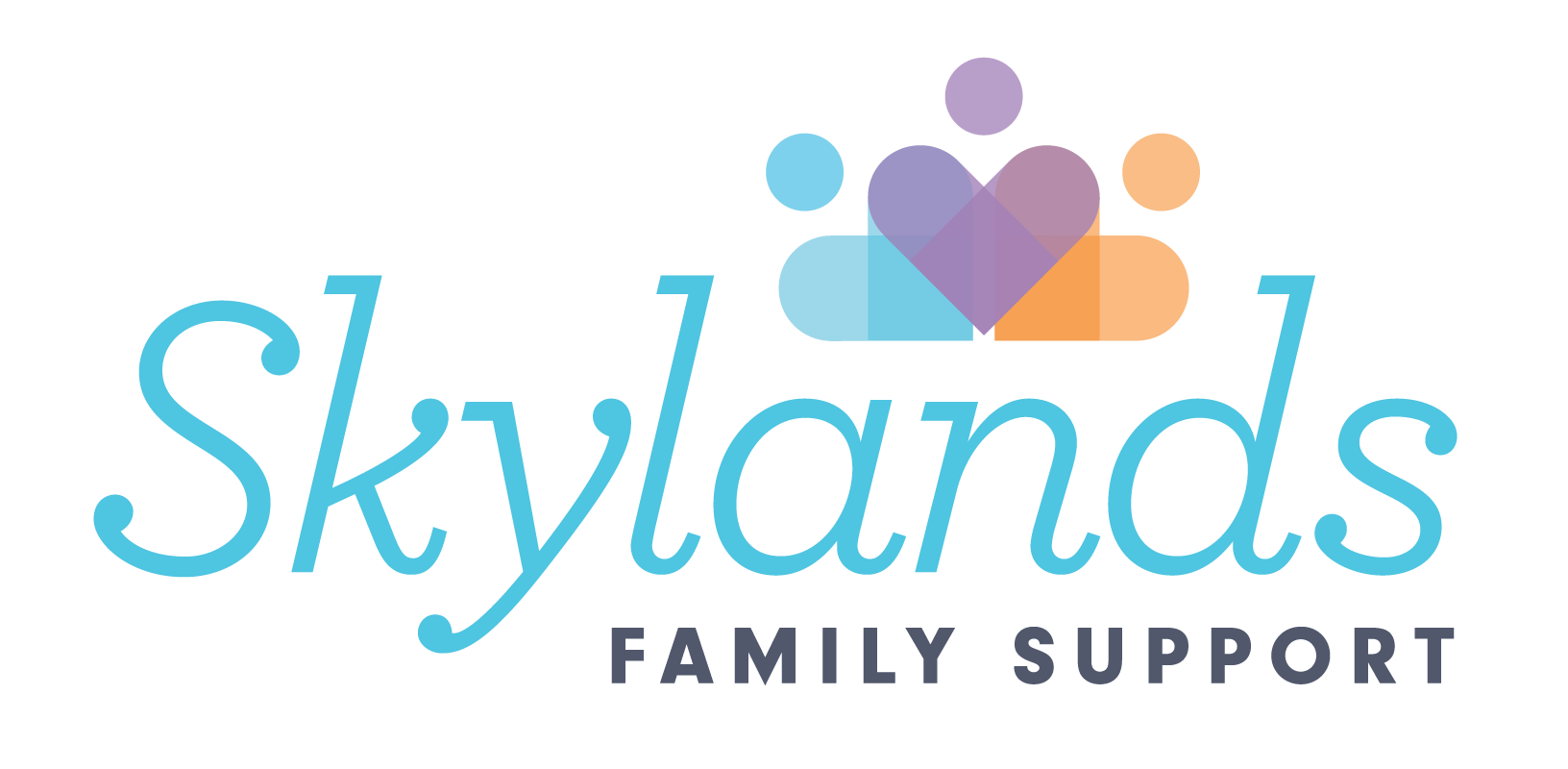Effective Support Coordination for Individuals with Down Syndrome
An experienced and dedicated support coordinator guides families through the complex network of services available for those with Down syndrome. With their expertise, families can feel confident that their loved one is receiving comprehensive care and assistance.
Supporting individuals with Down syndrome involves more than just connecting to services—it’s about building a foundation for independence, growth, and a fulfilling life. Navigating this journey can be overwhelming for families, but with the right support coordinator, you’ll feel confident that your loved one is receiving personalized care and guidance.
Here are three impactful ways a support coordinator can make a difference for your loved one with Down syndrome.
#1 – Setting meaningful goals
One of the first steps in effective support coordination is setting meaningful, personalized goals for your loved one. This process begins with developing an Individualized Support Plan (ISP), which outlines the supports and services needed to help your loved one achieve their aspirations and enhance their quality of life.
To create an effective ISP, a support coordinator takes the time to thoroughly understand an individual’s unique needs, strengths, challenges, and personal goals. This involves discussions with the individual, their family, and other key stakeholders to identify priorities.
Support coordinators revisit and update the ISP regularly to ensure it remains aligned with an individual’s evolving needs and aspirations. This approach ensures that the ISP is not just a static document – but rather a living plan designed to empower individuals to reach their full potential while providing families with a clear, structured path forward.
#2 – Collaborating with your family
Support coordination is a true partnership, and for families of individuals with Down syndrome, active involvement is key to achieving the best outcomes.
A skilled support coordinator fosters this collaboration by maintaining open, transparent communication with your family. Together, you’ll form a team dedicated to ensuring your loved one’s well-being and success, with the support coordinator ensuring that your family is always informed, heard, and empowered throughout the process.
This collaborative approach extends beyond day-to-day support. It includes guiding families through the often-complex systems of healthcare, education, and social services to ensure an individual with Down syndrome receives the appropriate care and resources at every stage of life.
Your support coordinator will simplify processes and equip your family with the tools and information needed to make confident, informed decisions. This partnership not only builds a solid foundation for the individual’s growth but also provides families with the support they need to navigate challenges with clarity and confidence.
#3 – Connecting your loved one to resources and supports designed for those with Down syndrome
Support coordinators bring a wealth of knowledge about the resources available in your New Jersey community – whether it’s specialized therapies, educational programs, social opportunities, or healthcare services. They work diligently to identify and connect your loved one with the services that best fit their needs and goals. This personalized approach ensures that individuals with Down syndrome have access to opportunities that promote growth, independence, and an enhanced quality of life.
In New Jersey, the Division of Developmental Disabilities (NJ DDD) offers a range of programs and supports tailored to individuals with developmental disabilities, including those with Down syndrome. A skilled support coordinator will guide you through these options and help secure the appropriate services for your loved one. Some of the key NJ DDD programs include:
- Assistive technology: Devices and tools designed to enhance communication, mobility, and independence
- Behavioral supports: Strategies and interventions to address behavioral challenges and promote positive development
- Career planning: Resources to explore employment opportunities, build job skills, and achieve workplace success
- Cognitive rehabilitation: Services focused on improving memory, problem-solving, and other cognitive functions
- Day habilitation: Programs that provide structured daily activities, skill-building opportunities, and social engagement
- Goods & services: Support for purchasing items or services that promote independence and are not covered by other funding
- Occupational therapy: Assistance with developing fine motor skills and daily living tasks
- Physical therapy: Programs to improve strength, coordination, and mobility
- Speech, language and hearing therapy: Services to enhance communication, language skills, and auditory processing
Support coordinators also connect families with advocacy organizations and local Down syndrome groups that offer support, information, and community engagement opportunities.
Read More: The NJ DDD Supports Program Policies & Procedures Manual
Conclusion
Effective support coordination for individuals with Down syndrome involves more than just managing services—it’s about building partnerships and setting the stage for a lifetime of success. By setting meaningful goals, collaborating with families, and connecting individuals with the right resources, support coordinators help individuals with Down syndrome lead more enriched lives.
If you are navigating the support process for your loved one with Down syndrome, partnering with an experienced support coordinator can make all the difference in ensuring that your loved one’s needs are met with care, compassion, and expertise.
Want to work with a support coordination agency that has deep expertise in Down syndrome care? Contact Skylands Family Support today.




